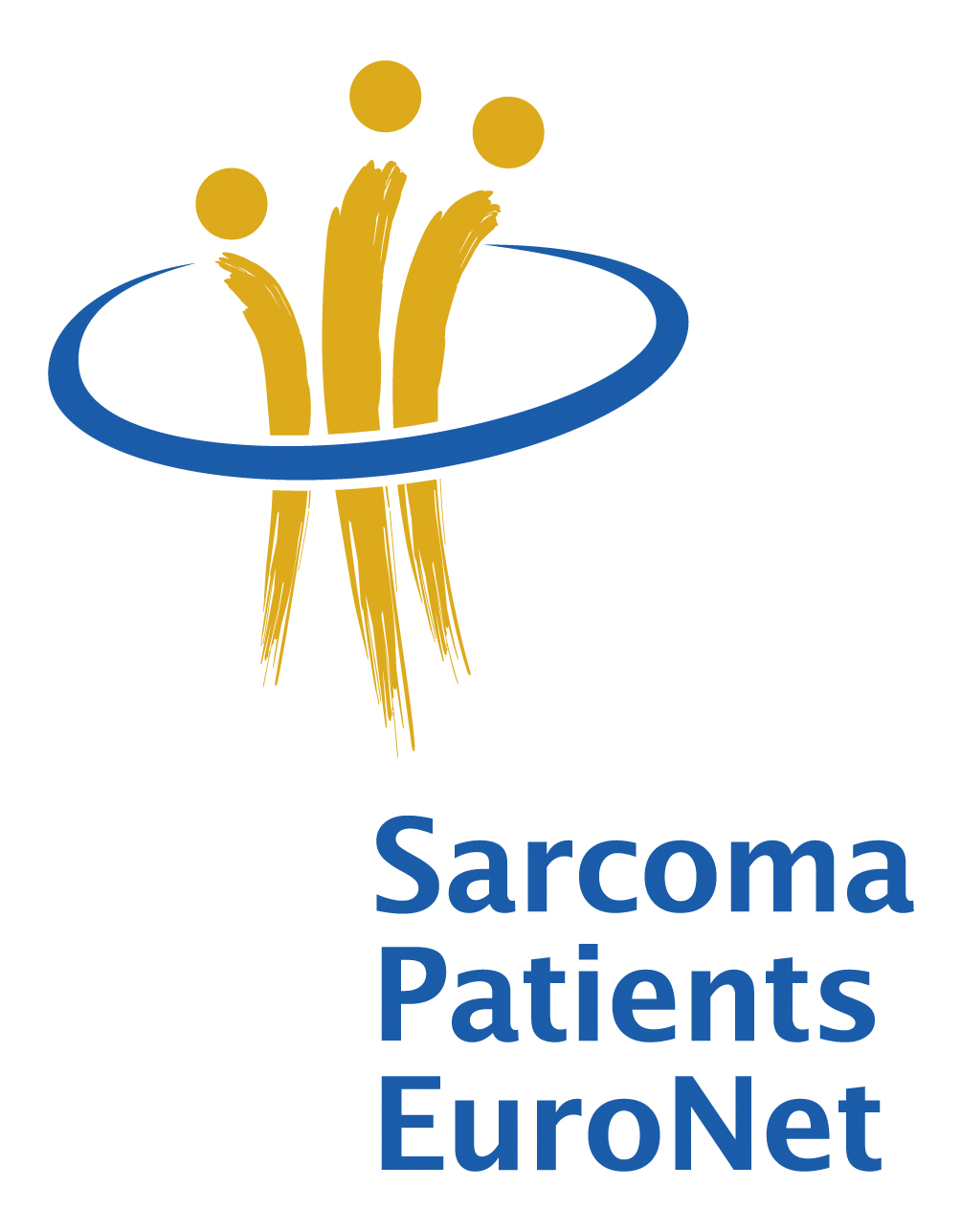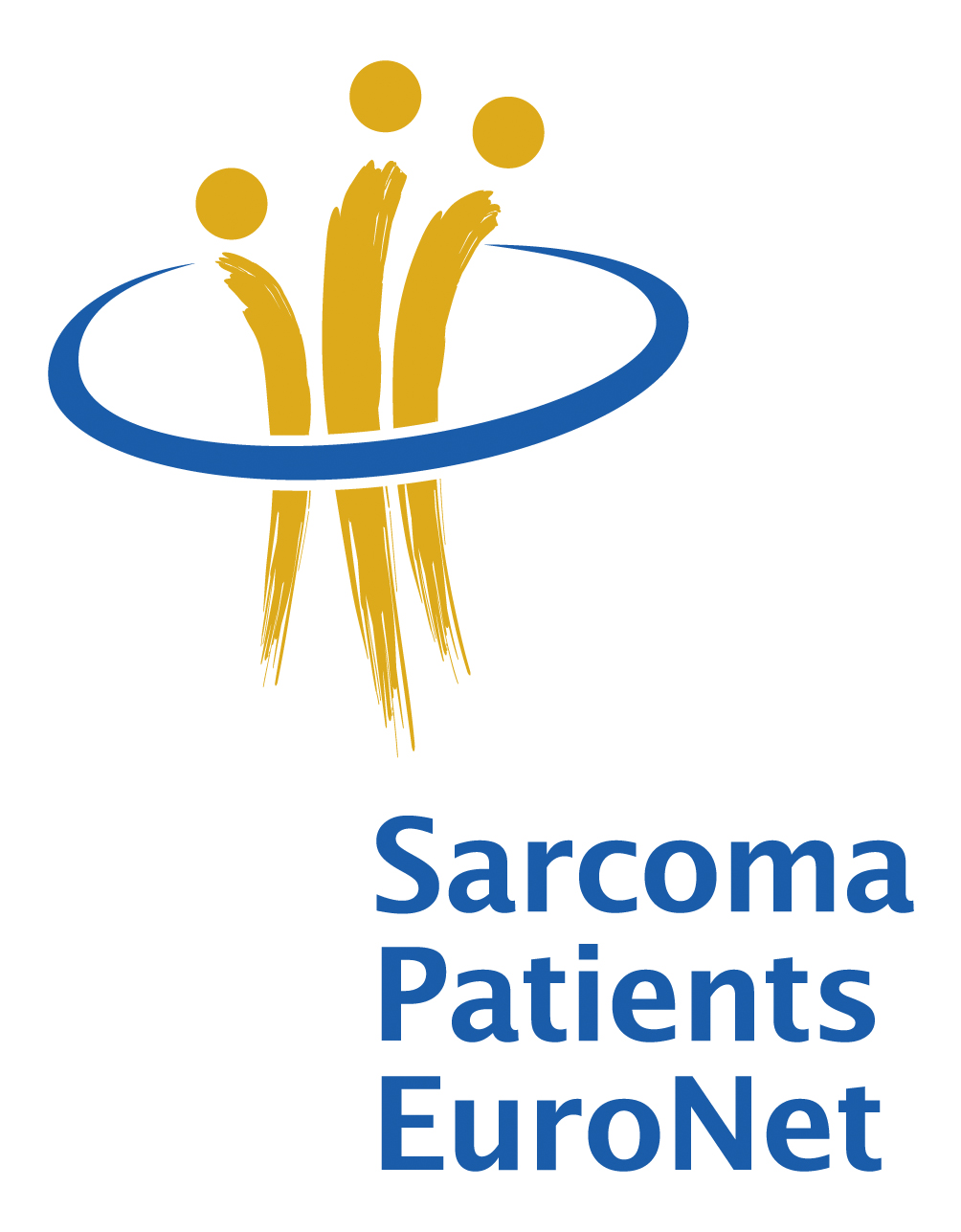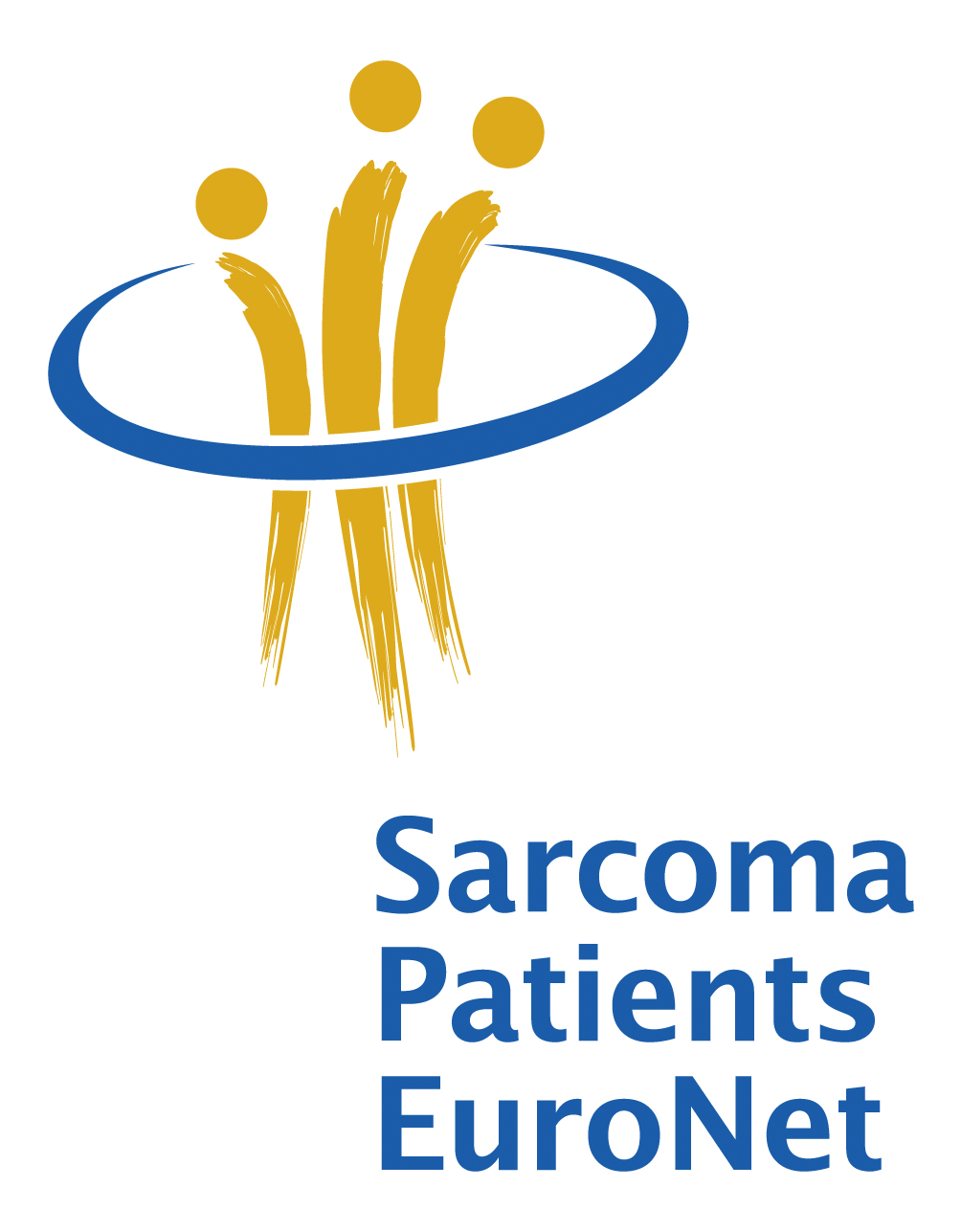The Patient Perspective in Sarcoma Research and Management |
| Why should the patient perspective be assessed in cancer and sarcoma treatment? And how can measuring patient-reported outcomes improve the situation for patients? What additional information can patient-reported outcomes provide in the setting of clinical trials? Dr. Olga Husson, epidemiologist from the Netherlands Cancer Institute explains why assessing QoL is so important and what role the patients' own perspective plays. |
Patient Involvement in Sarcoma Research |
| Patient Involvement in Sarcoma Research - why is it so important? Roger Wilson, sarcoma survivor and Dr. Olga Husson, sarcoma researcher, explain why patients should be involved in research and what benefit they can add to make research better and more tailored. |
Quality of Life and Patient Reported Outcomes in Sarcomas |
| “Quality of Life” (QoL) or “Health-related Quality of Life” (HRQoL) measures how a treatment and/or disease impacts the situation and health of a patient. Roger Wilson explains how QoL is currently assessed in sarcomas, what the pitfalls are and where QoL needs to go and what can be achieved with assessing the patients' perspective. |
When new drugs get approved, the most important data on efficacy are considered to be the so-called Overall Survival (OS) and Progression-free Surival (PFS) data (in addition to safety data). While these are important outcomes, do they really display the whole picture, the true value of a treatment?
Information on efficacy and Quality of Life are needed
The value of a treatment is, of course, defined by its efficacy. But what's also important is the impact of a treatment (and the disease itself) on the patient's life and individual stituation, on his/her physical and psychological wellbeing, body functioning or symptoms. These aspects are summarized under the heading of "Quality of Life" (QoL) or "Health-related Quality of Life" (HRQoL). Knowing about the impact a certain treatment and/or disease might have on a patient will make decisions on therapies easier, will enable doctors to act quickly on symptoms as soon as they are recorded by the patient. In addition, it is likely that patients are more satisfied with the care they receive, the HRQoL improves and that even survival rates might improve.
Measuring Quality of Life: Underestimated and difficult
Measuring QoL/HRQoL in sarcoma research and clinical trials has been low on the agenda of drug regulators (e.g. the "European Medicines Agency" EMA for Europe, the "Food and Drug Administration" FDA for the US). Even though this is slowly changing, the challenge on how to best measure QoL remains: It is subjective and can be influenced by many variables, including the type of disease itself, impairments, functional status, perceptions or social opportunities.
The patient perspective on QoL is measured by so-called patient-reported outcomes (PRO) – they basically display what’s important for the patient. A number of projects are currently underway to find the best way of assessing QoL and the patients' perspective, but especially in sarcomas, this is a challenge: Sarcomas are not only rare, but also very heterogeneous. Locations, symptoms and challenges differ massively from patient to patient. It is therefore curcial to come up with a good measuring strategy.





